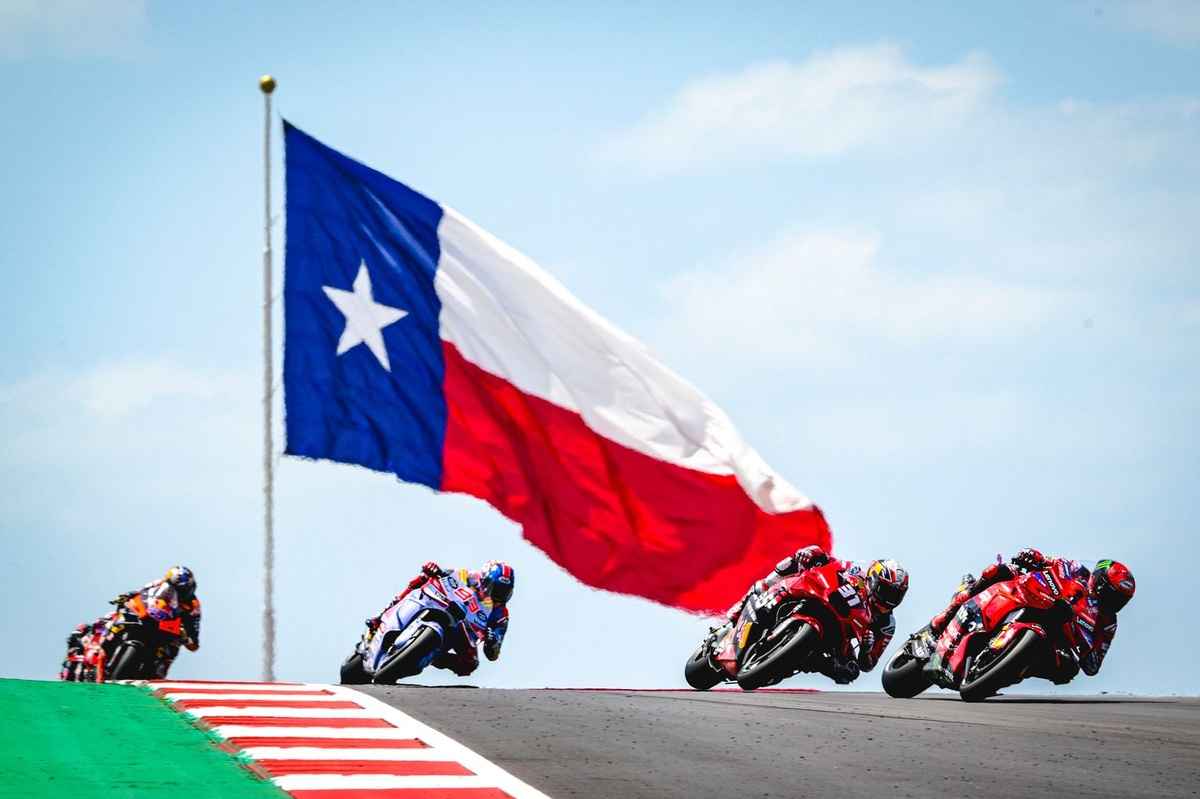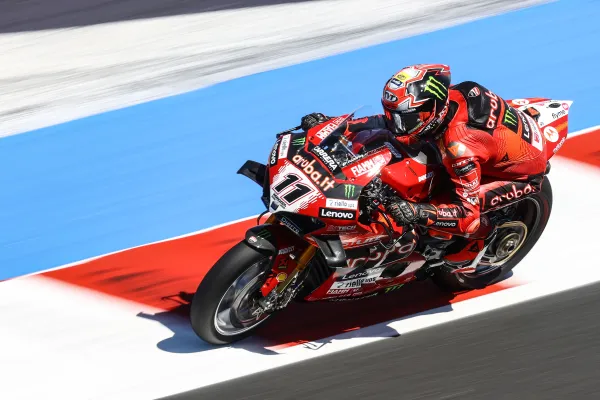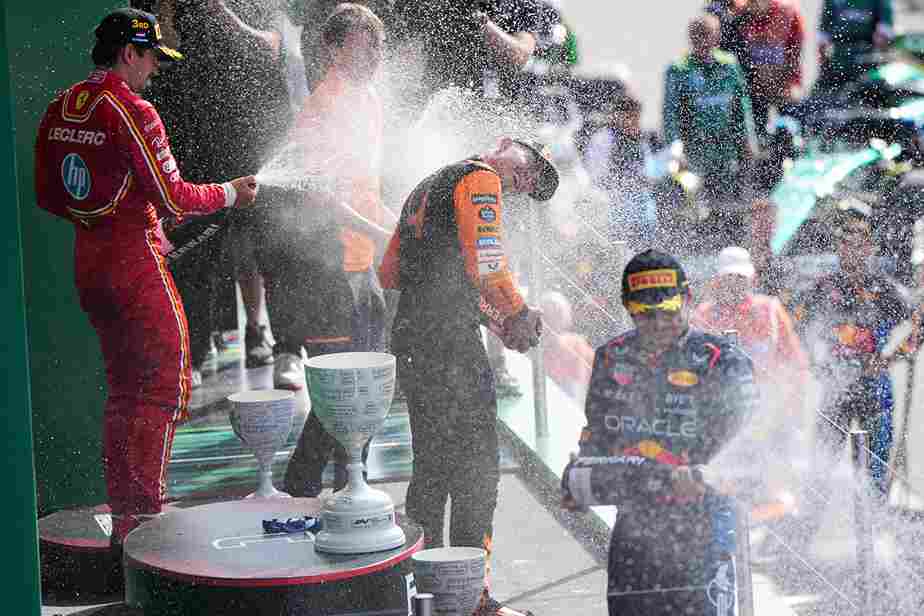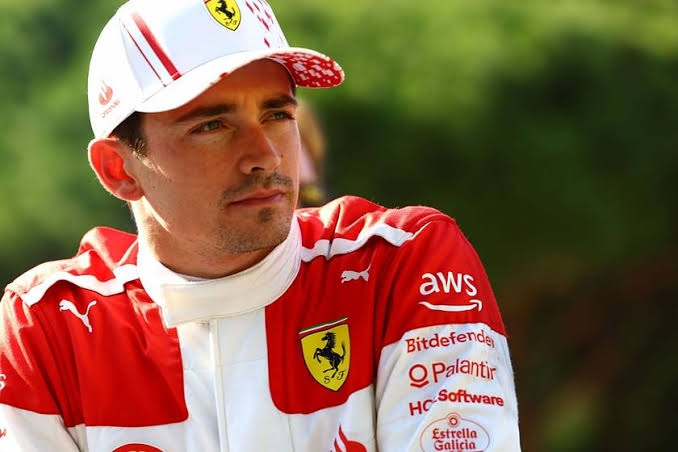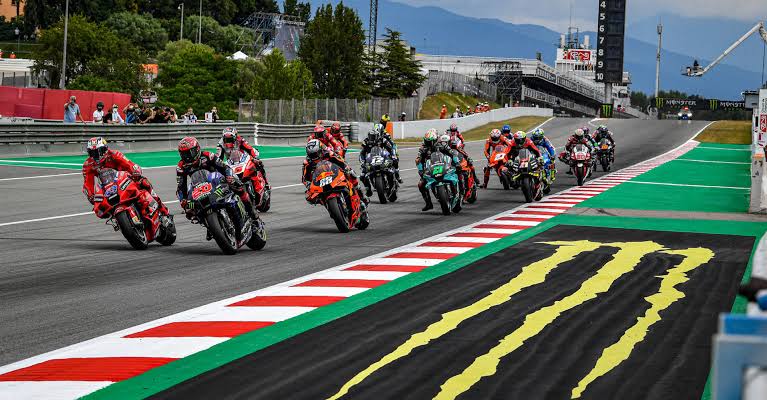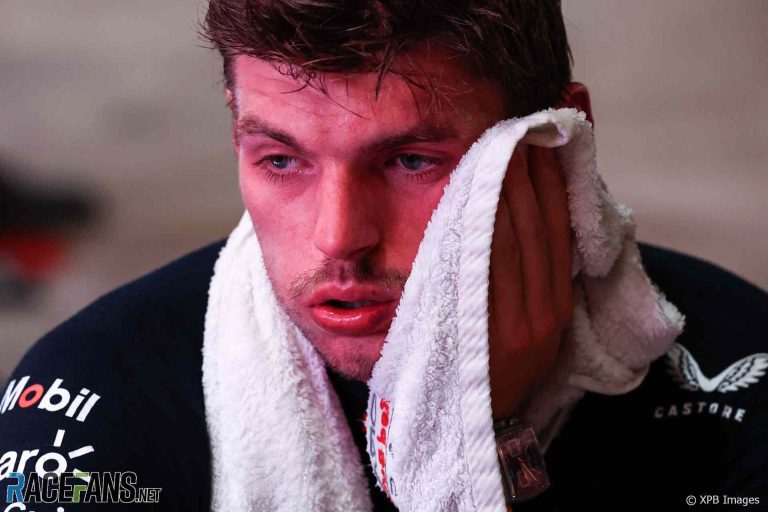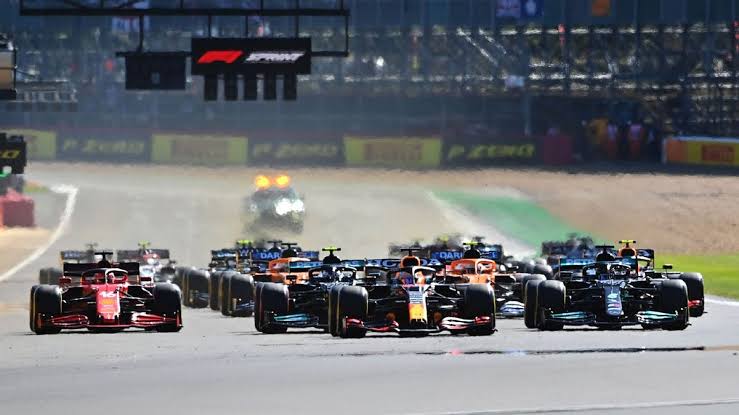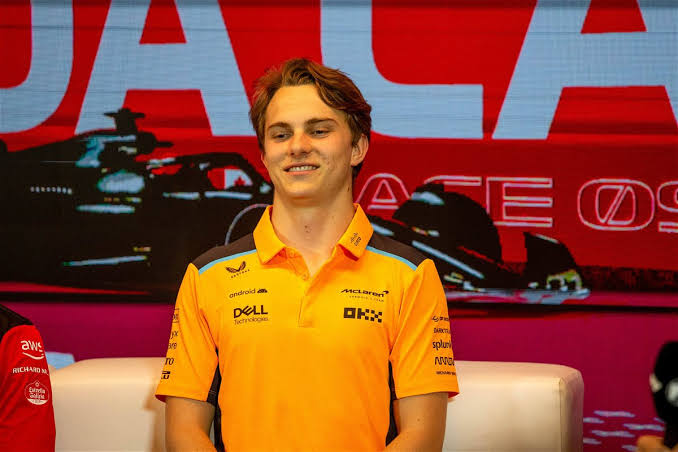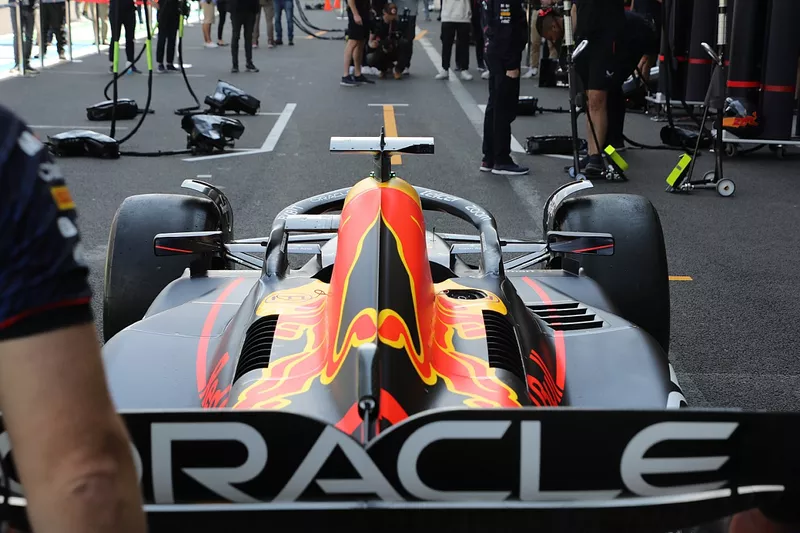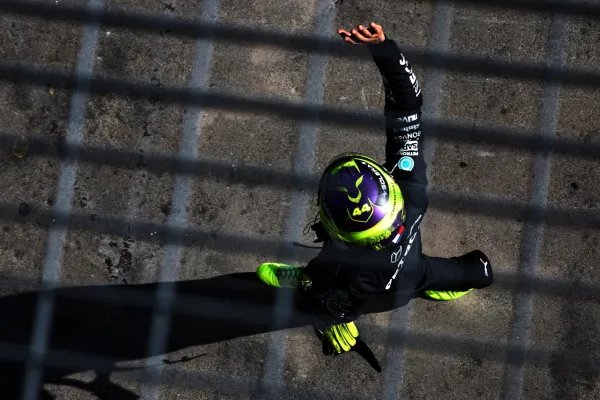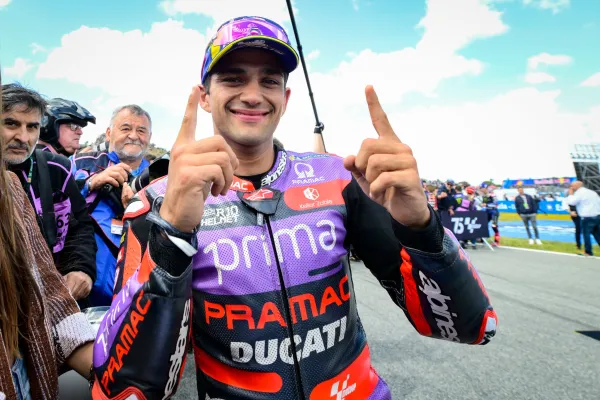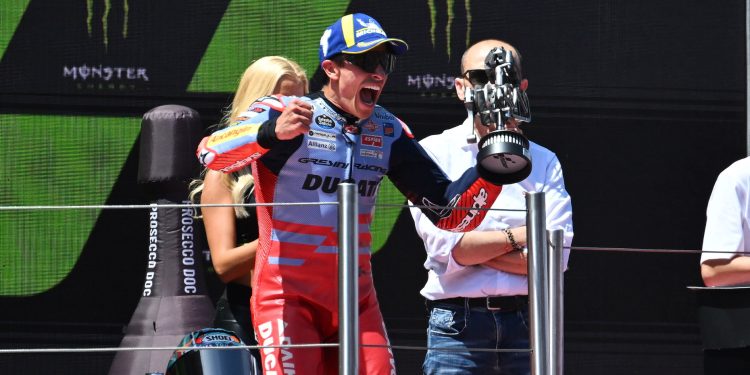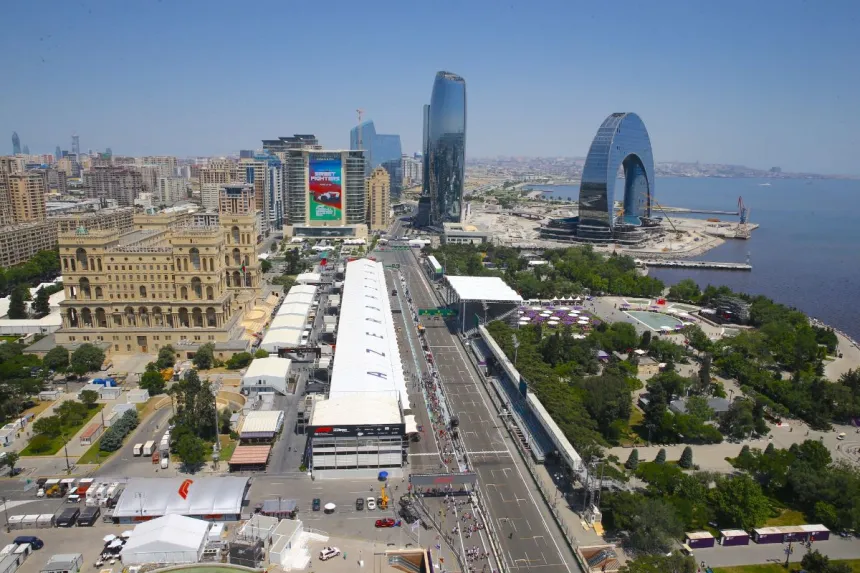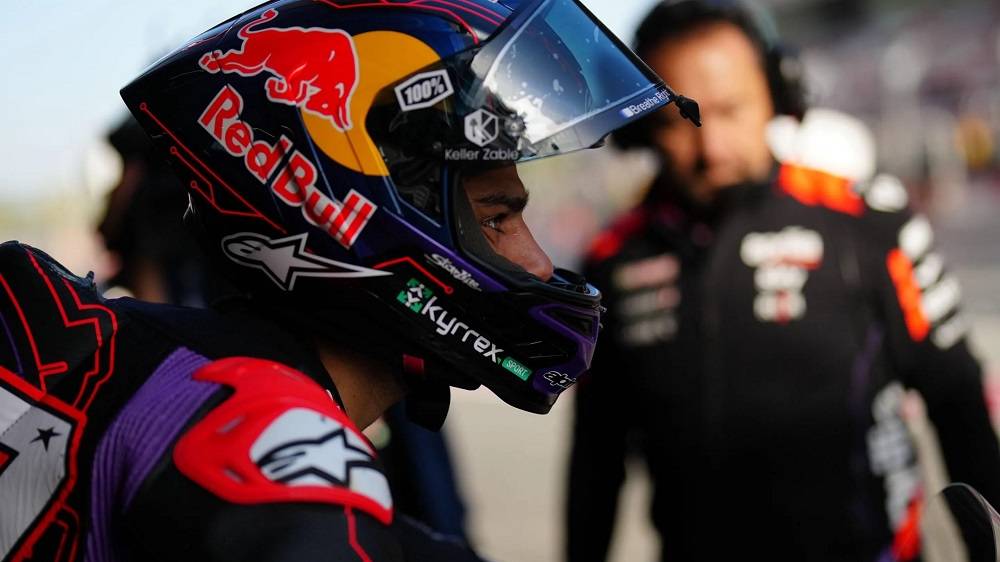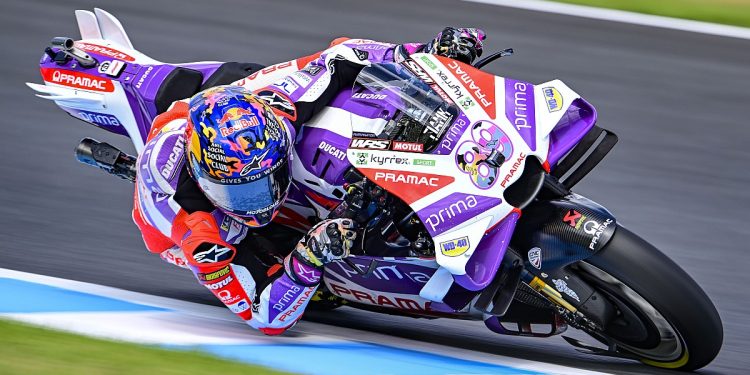Racing Towards A Decision: EU Regulators Set July Deadline For Liberty Media’s $3.8 Billion MotoGP Bid
The world of motorsports is on high alert as EU regulators have set a July 1 deadline for their decision on Liberty Media’s ambitious $3.8 billion bid to acquire Dorna Sports, the exclusive commercial rights holder of the MotoGP World Championship. This acquisition, if approved, would mark a significant expansion of Liberty Media’s portfolio in the motorsport industry, following its successful management of Formula 1 since 2016. The deal has sparked both excitement and concern, with potential implications for broadcasting rights, competition, and the future of MotoGP.
Introduction to Liberty Media and Dorna Sports
Liberty Media, known for its ownership of the Formula One Group, has been a driving force in the motorsport industry. Its acquisition of Formula 1 in 2016 marked a new era for the sport, with significant investments in digital media and marketing strategies that have contributed to a resurgence in viewership and engagement. Dorna Sports, on the other hand, has been the backbone of MotoGP, managing the championship’s commercial rights and overseeing its growth into one of the world’s premier motorcycle racing competitions.
The proposed acquisition of Dorna by Liberty Media represents a strategic move to consolidate its position in the motorsport sector. By bringing MotoGP under its umbrella, Liberty Media aims to leverage its expertise in broadcasting rights negotiations and digital media strategies to enhance the visibility and accessibility of MotoGP races. This could potentially lead to a broader audience reach and increased engagement, similar to what was achieved with Formula 1.
EU Regulatory Concerns
The European Commission has been conducting an in-depth investigation into the proposed acquisition, citing concerns about potential anti-competitive effects. The primary worry is that the deal could lead to higher prices for broadcasting rights, as Liberty Media would control both Formula 1 and MotoGP, the two major motorsport championships in Europe. This concentration of power could reduce competition among broadcasters, potentially harming consumers and smaller media outlets.
Additionally, the Commission is examining whether John Malone, the largest shareholder in both Liberty Media and Liberty Global, could exert significant influence over these companies. This could lead to Liberty Media excluding rival broadcasters in countries where Liberty Global operates, such as Belgium, Ireland, and the Netherlands.
Potential Impact on MotoGP
The acquisition, if approved, could bring significant benefits to MotoGP. Liberty Media’s experience in revitalizing motorsport properties could help elevate MotoGP to new heights, expanding its global reach and captivating a wider audience. By leveraging platforms such as streaming services and social media, MotoGP could broaden its appeal beyond its traditional fanbase, attracting new demographics and increasing viewership numbers.
However, there are also concerns among fans and insiders about potential changes that could alter the character of MotoGP. The sport has a dedicated fanbase and a unique identity that sets it apart from other motorsports. Any significant changes could risk alienating existing fans while trying to attract new ones.
The Role of Regulatory Scrutiny
The European Commission’s decision will be crucial in determining the future of MotoGP. The regulatory scrutiny is not just about ensuring fair competition but also about protecting the interests of consumers and smaller businesses. The Commission’s investigation will assess whether the acquisition would lead to a substantial lessening of competition in the European Economic Area (EEA), particularly in the licensing of broadcasting rights for motorsports content.
If the deal is approved without conditions, it could set a precedent for future mergers in the sports industry. On the other hand, if the Commission demands remedies or blocks the acquisition, it would underscore the importance of maintaining competitive markets in the EU.
Future Prospects and Challenges
As the motorsport community awaits the EU’s decision, there are several factors to consider regarding the future of MotoGP. One of the key challenges will be balancing the need for growth and innovation with the preservation of the sport’s unique identity. Liberty Media’s involvement could lead to more sophisticated marketing strategies and digital engagement, but it must also ensure that these changes align with the values and traditions of MotoGP.
Moreover, the acquisition could lead to increased collaboration between MotoGP and Formula 1, potentially resulting in cross-promotional opportunities and shared resources. This could enhance the overall motorsport experience for fans, offering more diverse and engaging content across both championships.
Impact on Broadcasting Rights
The acquisition could significantly impact the broadcasting landscape for MotoGP. Liberty Media might negotiate more lucrative broadcasting deals, leveraging its experience with Formula 1 to secure better terms. However, this could also lead to higher costs for broadcasters, potentially affecting the availability and affordability of MotoGP coverage for fans.
To mitigate these risks, the European Commission may require Liberty Media to commit to ensuring fair access to broadcasting rights for all interested parties. This could involve setting conditions for the deal, such as requiring Liberty Media to license broadcasting rights to multiple broadcasters or ensuring that any price increases are reasonable and justifiable.
Global Implications
Beyond Europe, the acquisition could have global implications for MotoGP. Liberty Media’s international reach and resources could help expand MotoGP’s presence in new markets, particularly in regions where Formula 1 has a strong following. This could lead to increased viewership and participation in MotoGP events worldwide.
However, the acquisition also raises questions about how Liberty Media will manage the global distribution of MotoGP content. Ensuring that fans in different regions have access to high-quality broadcasts and digital content will be crucial for maintaining and growing the sport’s global appeal.
The Role of Technology in MotoGP
Technology plays a vital role in modern motorsports, and MotoGP is no exception. The integration of advanced technologies such as data analytics, AI, and virtual reality could enhance the fan experience and provide new insights into the sport. Liberty Media’s involvement could accelerate the adoption of these technologies, potentially transforming how MotoGP is consumed and analyzed.
For instance, advanced data analytics could provide deeper insights into racing strategies and performance metrics, while virtual reality experiences could offer fans immersive and interactive ways to engage with the sport. These innovations could not only attract new fans but also deepen the engagement of existing ones.
Conclusion
As the July deadline approaches, the motorsport community is eagerly awaiting the outcome of the EU’s decision. Liberty Media’s acquisition of MotoGP represents a significant opportunity for growth and innovation in motorcycle racing. However, it also raises important questions about competition, broadcasting rights, and the future of motorsports. The European Commission’s decision will be pivotal in shaping the future of MotoGP and the broader motorsport industry.
To explore more about how MotoGP teams maintain their edge through innovative strategies and technologies, see our article on MotoGP Team Strategies.
As the world of motorsports continues to evolve, one thing is clear: the next chapter in MotoGP’s history will be shaped by the decisions made in the coming months. Follow us at speedope.com for regular updates.
